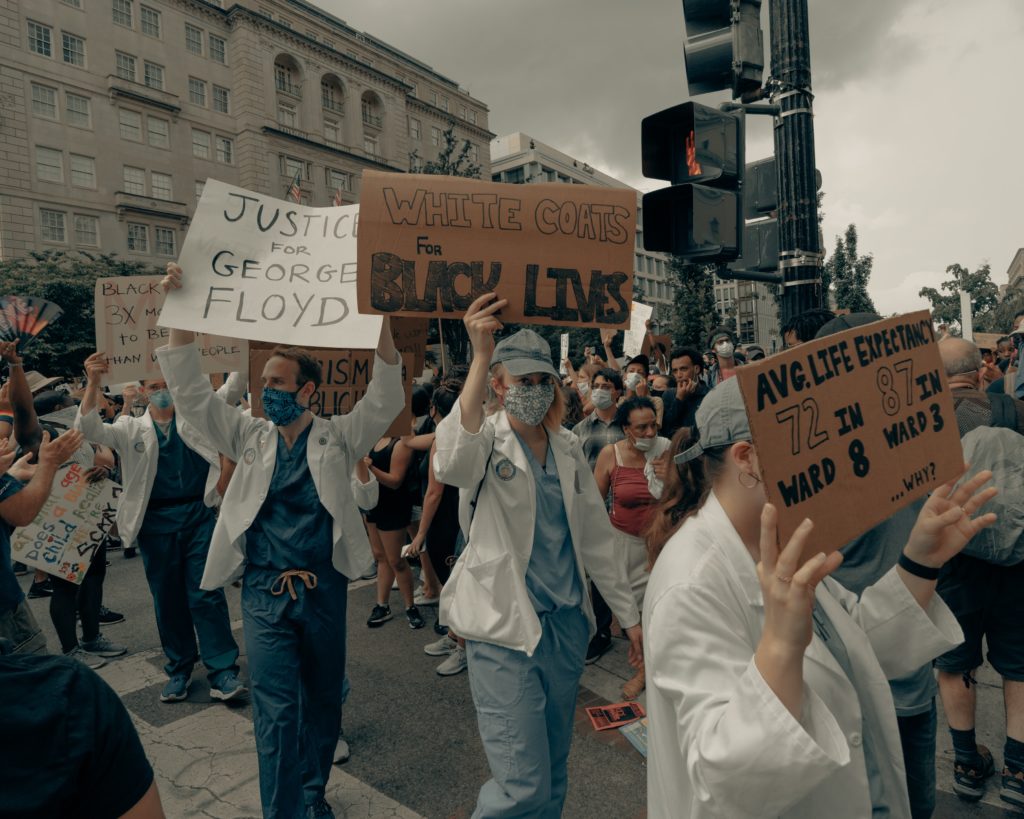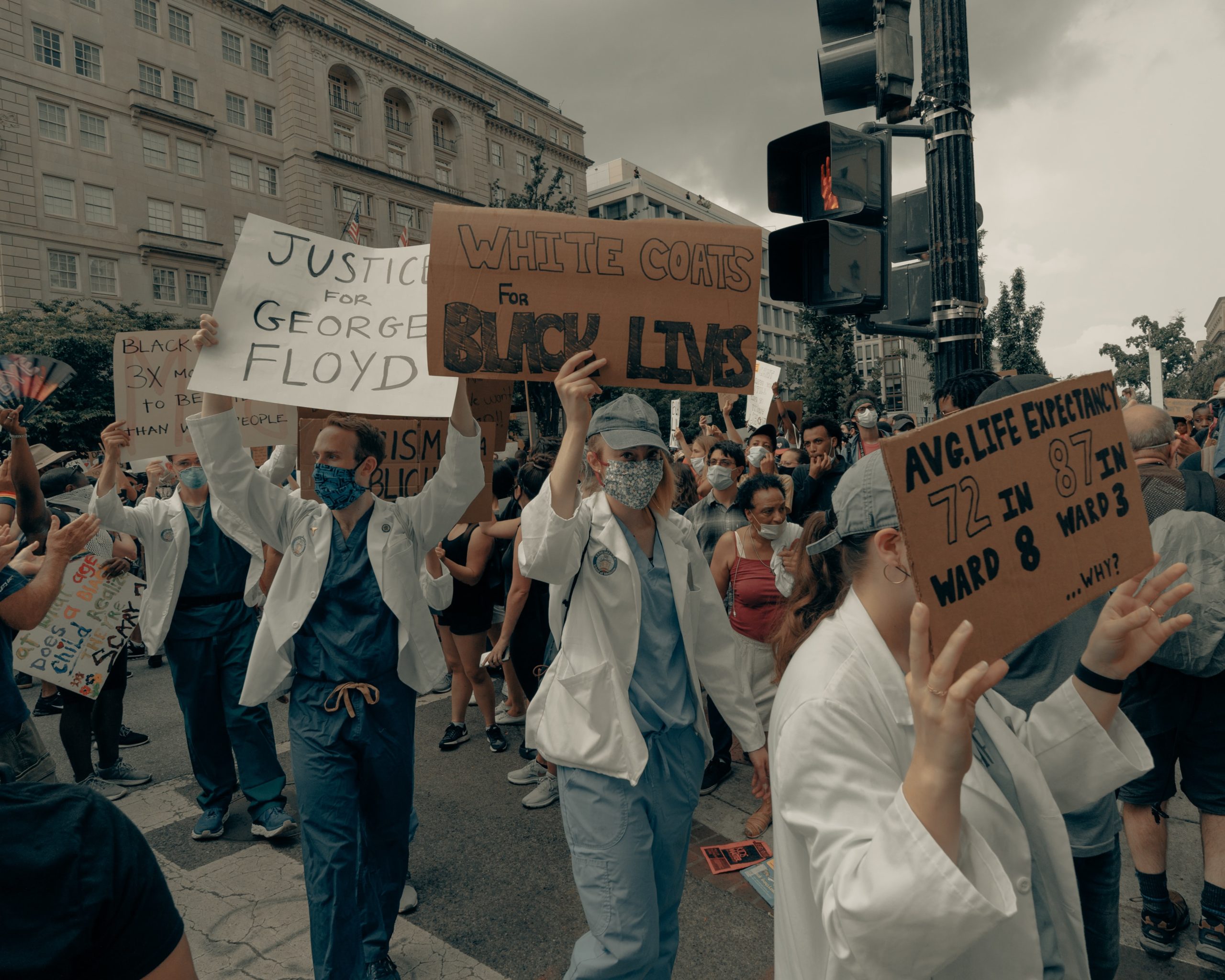
A common excuse for police brutality is “it’s just a few bad apples.” It’s often asserted that there is no systemic issue with policing at large, and incidents involving assaults on Black Americans are the result of a couple of bad actors. The question is why we’re willing to accept the concept of a “few bad apples” when we’re utterly unwilling to do so in other professions.
Consider healthcare. Nurses and doctors fulfill roles that, like police officers, can have life or death consequences for the people they’re trying to help. Nurses and doctors lose their jobs, livelihoods, and licenses if they become a “bad apple.” A “bad apple” healthcare worker doesn’t exist because we, as a society, do not allow it.
What can our healthcare system teach us about policing?
One key is how one becomes a licensed healthcare worker in the first place. Both doctors and nurses have to go through rigorous testing and licensing procedures. Healthcare workers cannot work without a license and must maintain and renew licenses. Their records are reviewed by licensing boards. As of June 2020, there is no license for police.
Another is public records of malpractice. Reports of malpractice or negligence result in immediate review by the healthcare employer, reviewed by specific committees, and are reported to licensing boards. Even a DUI or assault outside of work can lead to a “hit” on your medical or nurse license, preventing the healthcare professional from working again. Malpractice records of doctors and nurses are publicly available, and easily accessible. For example, anyone can look up any California nurse license here, and similar sites are available in almost every state. These systems are in place in order to hold nurses, doctors, and other licensed healthcare workers accountable for their actions.
Further, patients can immediately sue healthcare workers, and there’s an army of malpractice lawyers to support them. The ease of suing resulting in huge damages has gone so far that states like Texas had to pass laws that limits damages to $250K. There is no Qualified Immunity for healthcare workers, like there is for police officers.
Police departments across the country have the motto to “protect and serve”, just as healthcare workers follow themes outlined in the Hippocratic Oath including “to uphold professional ethical standards”. But these words are meaningless without a robust multi-level system of accountability driven by independent license boards, laws, and professional standard bodies.
Nurses, doctors, and other healthcare workers belong to unions or associations to protect their own interests. But the public’s interest is ultimately protected by state licensing boards and professional standards bodies. There’s no such thing for police. Who watches the watchmen?
